Strengthening Worker Rights and Well-Being in Agriculture
Through certification, landscape and community programs, tailored supply chain services, and advocacy, we are helping to protect and promote the rights of farmworkers around the world.
Home / Issues / Human rights / Page 15
The production of many commonly traded goods—coffee, chocolate, tea, bananas, palm oil, and timber—often involves human rights abuses. While progress has been made in recent years, thorny problems such as child labor, forced labor, poor working conditions, low wages, gender inequality, and the violation of Indigenous land rights are still embedded in many supply chains.
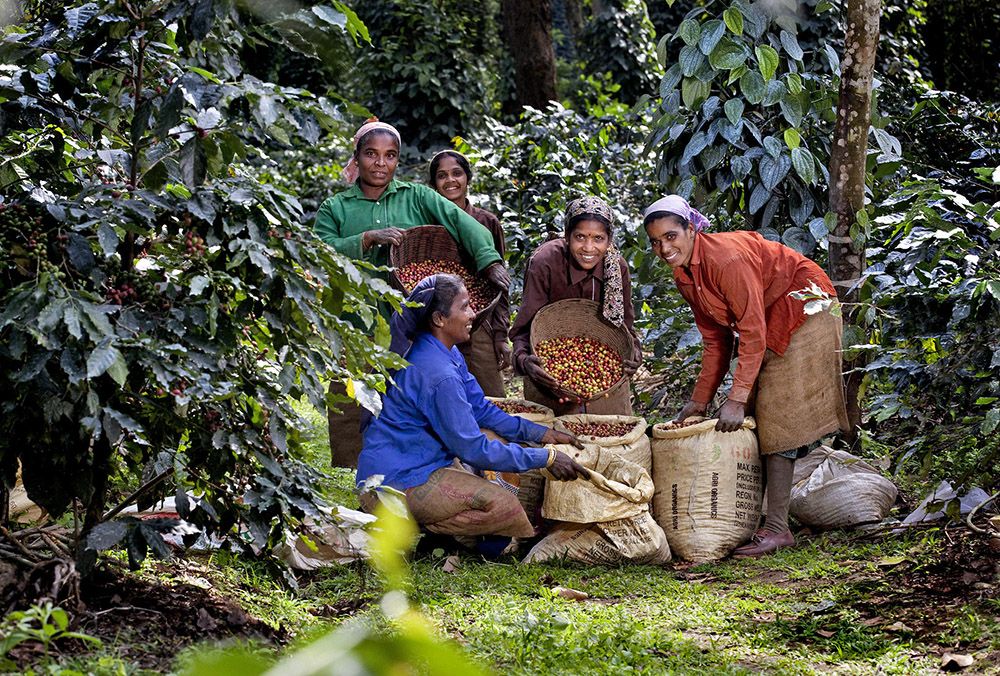
Advancing the rights of rural people goes hand-in-hand with improving planetary health. Project Drawdown cites gender equality, for instance, as one of the top climate solutions, and in our own work, we have seen that farmers and forest communities can better steward their land when their human rights are respected. Everyone deserves to live and work with dignity, agency, and self-determination—and promoting the rights of rural people is key to a sustainable future.
Improving lives and promoting rights of rural communities is a central part of our mission. Our field results, backed by independent studies, demonstrate, for instance, that workers on certified farms are more likely to enjoy better working conditions and important protections.
![]()
of workers on Rainforest Alliance Certified tea estates in Tamil Nadu, India, receive paid annual and sick leave*
In Tamil Nadu, India, a study of 300 farmworkers on seven Rainforest Alliance Certified tea estates and one noncertified estate found a significantly higher percentage of workers on certified estates had contracts and annual paid leave, sick leave, and maternity leave.
*Source: Lalitha N, Nelson V, Martin A, Posthumus H. 2013. Assessing the poverty impact of sustainability standards: Indian tea. Natural Resources Institute, University of Greenwich, London.
![]()
of Rainforest Alliance Certified banana farms studied in Colombia have a health and safety professional for their workers*
A study of 13 newly certified banana plantations in Colombia found health and safety professionals to be practicing on all the farms. These professionals identify risks, conduct trainings, and facilitate medical exams. 50 percent more managers on certified farms than non-certified also reported providing in-kind health benefits to permanent workers.
*Based on 2018 survey of newly certified farms in Colombia (Beekman, G. M. Dekkers, and T. Koster (2019). Towards a sustainable banana supply chain in Colombia; Rainforest Alliance certification and economic, social and environmental conditions on small-scale banana plantations in Magdalena, Colombia. Wageningen, Wageningen Economic Research, Report 2019-019: 1-49)
The Rainforest Alliance brings together producers, companies, governments, nonprofit organizations, and consumers to advance human rights in the landscapes where we work. We work both to transform business practices and government policy, as well as promote the rights of our partner communities within our certification system and sustainable development initiatives.
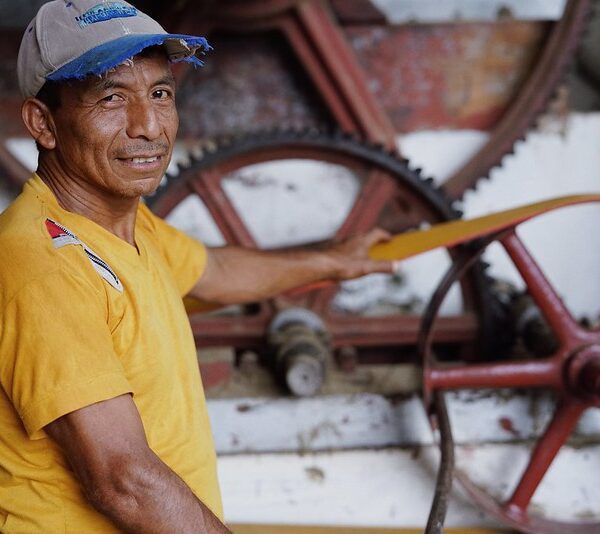
Through certification, landscape and community programs, tailored supply chain services, and advocacy, we are helping to protect and promote the rights of farmworkers around the world.
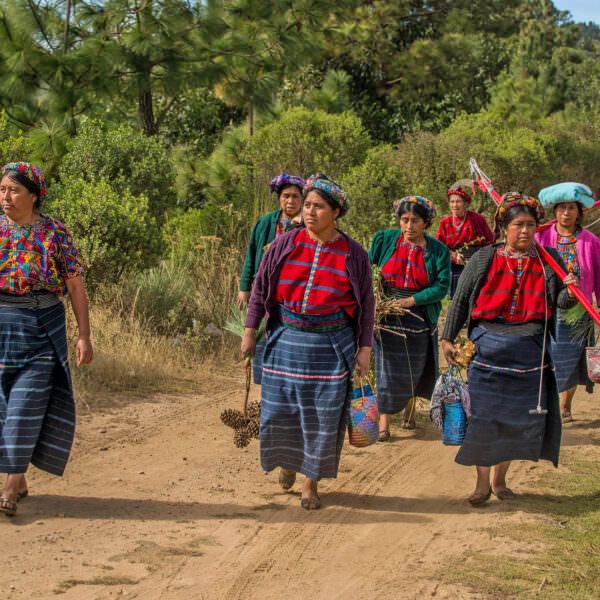
Addressing human rights abuses in agriculture and forestry is a key focus of our work to make responsible business the new normal.
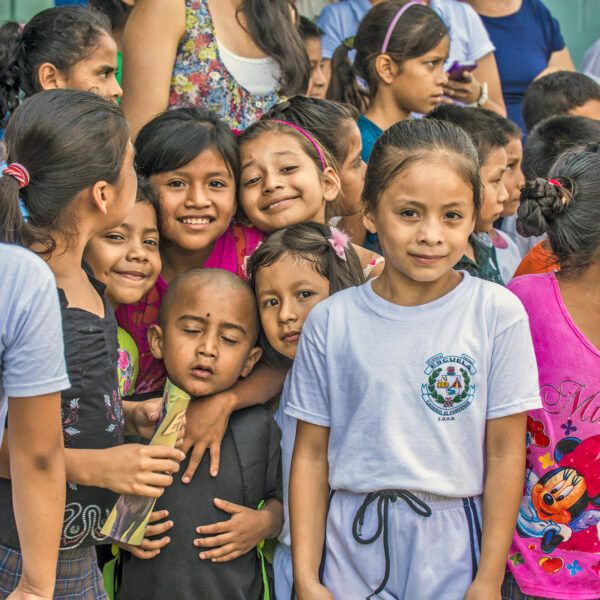
We can all play a crucial role to ensure that all children grow up in dignity. So, who’s with us?
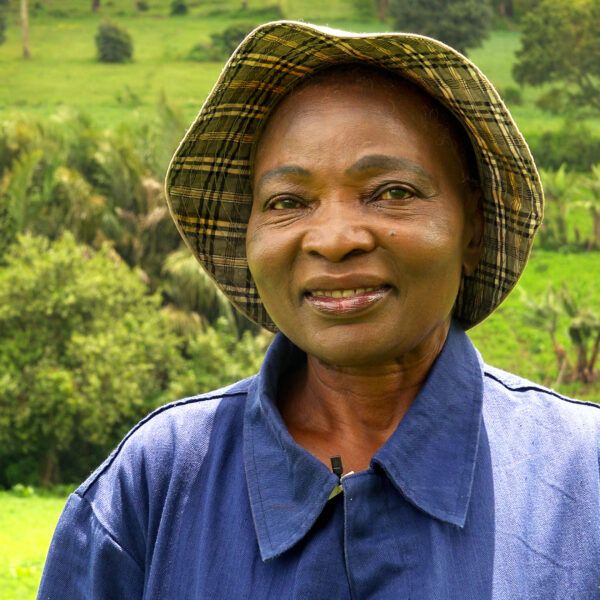
Meet 5 incredible women in sustainability who have successfully transformed their communities and the landscapes around them.

Emmanuelle Berenger, lead sustainable forest manager for the Rainforest Alliance, stated that preserving forests for humanity's well-being is not an option anymore, rather it is a must.

A longtime participant in our programs in Guatemala met with Vice President Harris.... Continue Reading

This document explains the method used to create the Rainforest Alliance’s risk maps on child labor and forced labor and provides an overview of how the indices per country and sector were calculated.
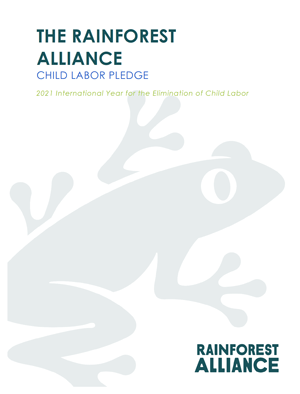
To mark the 2021 International Year for the Elimination of Child Labor, the Rainforest Alliance is pledging to achieve the following objectives—each one contributing towards the eradication of child labor by 2025 in the sectors we work in.

152 million children worldwide are engaged in child labor. The vast majority (71 percent) work in the agricultural sector—performing tasks that can be dangerous and exhausting. While great strides have been made in recent years, more needs to be done to ensure the root causes of child labor are being tackled in an effective and […]
Climate change and inequality are inextricably bound, and we need to recognize that who owns, controls, and benefits from natural resources determines the future of the land—and the communities who call it home.